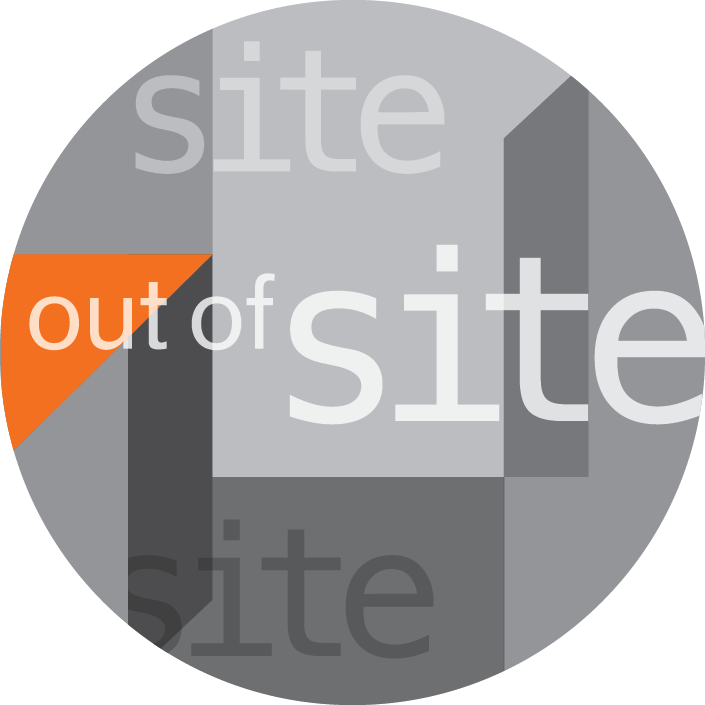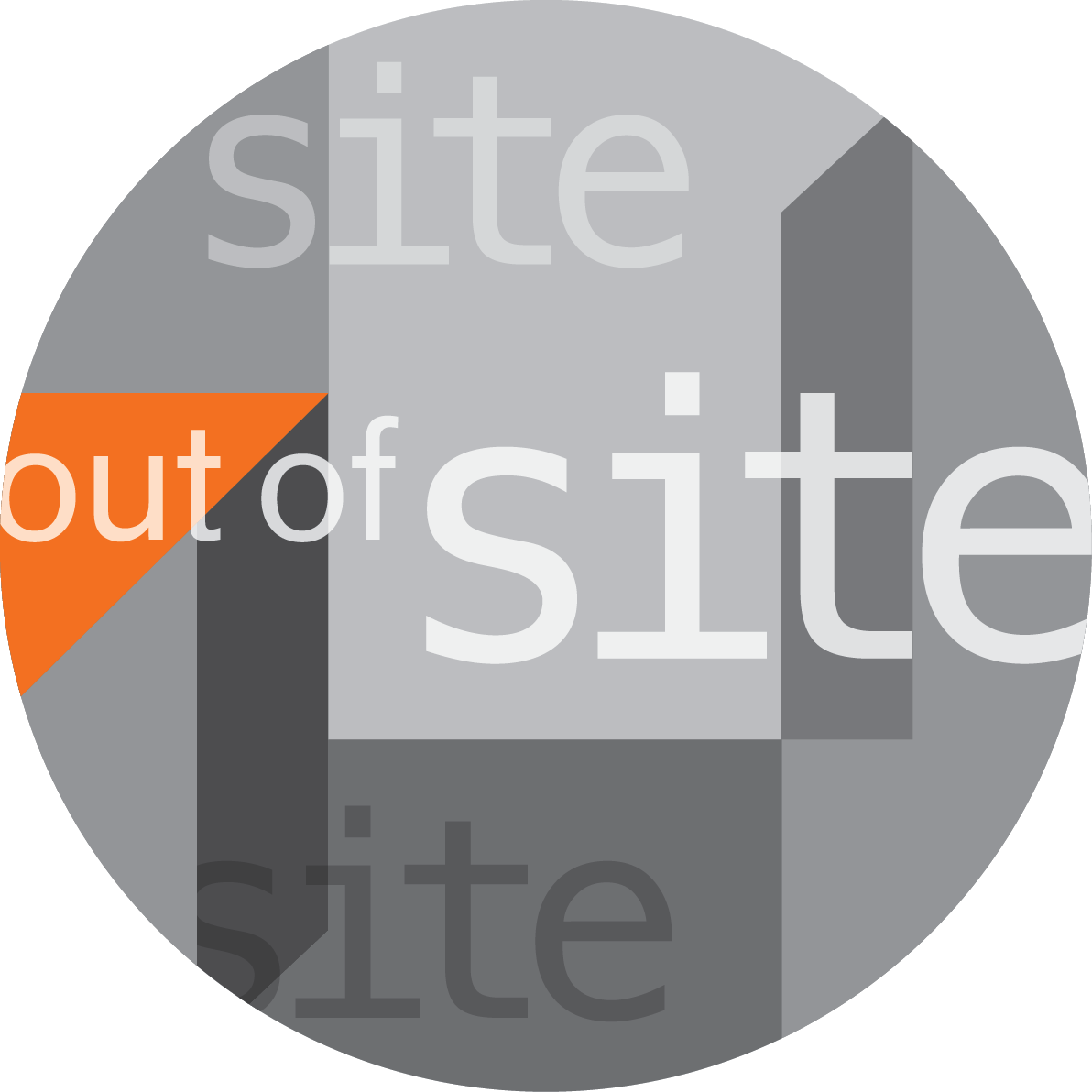A Cosmic Union
Jelili Atiku's performative practice as a sacred tool for connection and recognition by agata flaminika
Silent transition and exchange of energy.
A perception of every atom, every fibre, noticing the elusive fabric of our soul; captured in a mutual gaze that simultaneously feels like a moment and eternity.
Time.
I look deep inside, into the eyes~ the windows for the soul - two pairs of pupils slowly recognising each other in themselves, in the dark, vast ocean they’re both made of.
The performer and participant
{the subject and the object}
become one- and through that gaze, they connect to the core of their essence.
In this intimate moment, so simple, yet so profound; the discovery is being made - that there is no difference and no separation.
There's only energy.
Jelili Atiku - artist, performer, human, the ambassador of the World and all its realms. The custodian of Outer Space and representative of Yoruba traditions. Atiku creates opportunities for the energy to flow and recognise itself through different bodies. In his performative practice, the body is a healing material that is connected to nature; it is a sacred tool. As a tool, it can share a message of mutual love, respect and support. It can heal others, so itself - through the connection with the Cosmos, so everything that surrounds us. A tool that helps one to leave the rigid identification with the mind, and its limitations; and through its senses to liberate and set itself free – to recognise experientially the presence of collective consciousness.
By positioning the body in different environments, the artist defines himself in every space reflecting on the sense of identity and belonging. Can we shapeshift, change, process, roleplay? Can it serve us? Why? What will happen if one decides to expose their vulnerability? Is it possible we can be everywhere, fit in, be understood, seen, heard? Do any specific conditions need to be met for that to happen? Can we just be, or are there any requirements to be? How to change the environment - what is the environment, what does it mean? Is the change happening within or without? What is the difference between the inner and outer world? Where are the memories contained? What does the body as an archive mean? How important is it to ask those questions?
In his piece, E Don Tey Wey We Dey, Atiku pays honours to his ancestors by awakening the memory of the community and land. The marks on his body, resemble an ancient traditional African body paint, but also may symbolise a cage in which the indigenous cultures had to suffer through many generations, reminding of an ongoing healing from post-colonial trauma. In this performance, the artist represents his culture by wearing a traditional cloak, staff and headpiece; but also initiates the contact and exchange - he looks into the participants' eyes, inviting them to join a procession, allowing them to draw sacred symbols on the streets. He's opening, closing, showing a book = a story, page by page - recreating it, duplicating it - translating it to reach recipients in a non-verbal way, almost like he knows the language itself is limited. He is simply sharing himself. He is welcoming, patient, and warm. He moves with trust, energy and strength, he radiates openness. The situation he conjures creates a sense of community, which to him is natural. There is no division. He approaches space with love and embraces it with no judgment, unlike the oppressors of his ancestors. He does the opposite by using an example of how to change the vibration of the planet: as one, collective energy body.
In his works, Atiku carefully creates situations that are opportunities and challenges in which performance becomes a bridge for understanding and learning, pointing at the profound connection between the body and space. As a co-worker of the space or the embodiment of it, Atiku remains a representative of this sacred union and the guardian~protector of the memory that's contained within it; pointing at the constant collaboration that happens between everything that exists, both in organic matter and spirit. At the same time, his performative responses become gentle embraces and a safe container for humanity and all its colours, in which there is no division and oppression, but curiosity, togetherness and exchange. His work reflects strong messages and reflections on human rights and justice, climate change, colonisation and separation; yet it does not generate a sense of guilt, grudge and separation, but simple observation. It acts like a mirror that offers chances and provokes perspectives, in which something can be noticed, seen, learned, shifted, and transformed. It does not mean it is easy, on the contrary, it might be uncomfortable. But no progression and evolution can be made without pain. What makes it easier is the artist's attitude and space holding - it is easier to confront those feelings in an inclusive and accepting environment. That is one of the messages that Atiku carries in his work - decolonizing the trauma and changing approaches to it, that are based on compassion.
Atiku recognises it by carrying indigenous ancestral wisdom throughout the choice of a performance as a medium, which itself, captured in his DNA, reflects his beliefs and heritage in its ritualistic, purifying, and transforming form. The artist is fully aware that performance is a rite of passage itself. He offers the alchemisation of pain and suffering into joy and acceptance, creating work that is decolonising in its nature, recognising the right to reside within the shared space for each being and celebrating the essence of the environment rather than removing it. With a courageous heart, he activates all the elements within the body - air, water, fire, earth, and spirit - gently reminding us that they make up who we are. We are not limited to believing we are what we think - we have a choice to feel the presence through all the senses, choosing to either repeat or evolve by expanding our consciousness and understanding of what it means to be alive on this planet. Through performance as a medium - the cultivation of a ritual - we stand a chance to never forget who we truly are. Through active, present participation in performative actions, we are responding to invitations to witness inner landscapes with openness and no judgment. The artist is inviting to us listen to the voices of the suppressed, offering a chance to notice the suppressed within and de-colonize ourselves from conditioned thinking imposed by the false belief of separation created by the capitalistic idea/cult of profit, individualism and independence.


